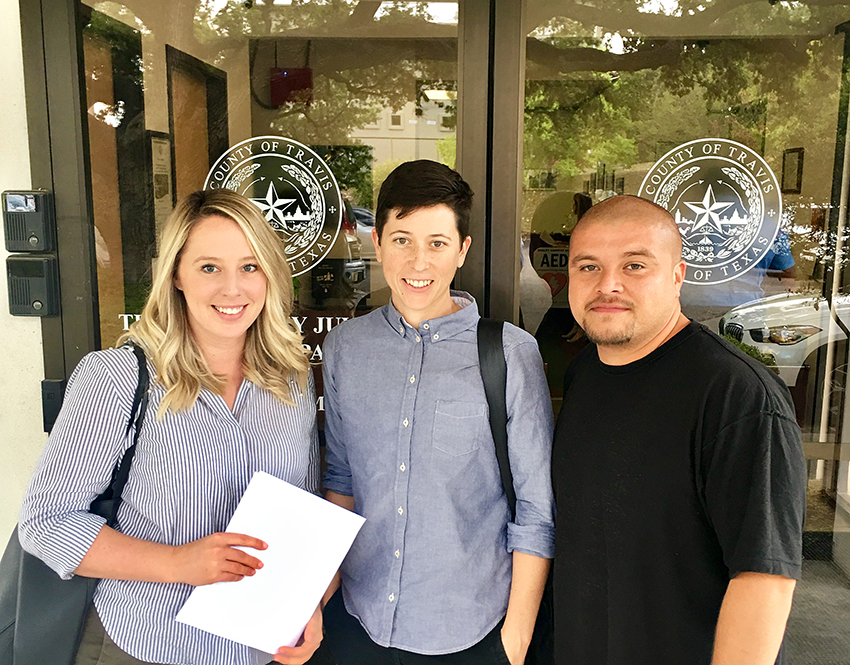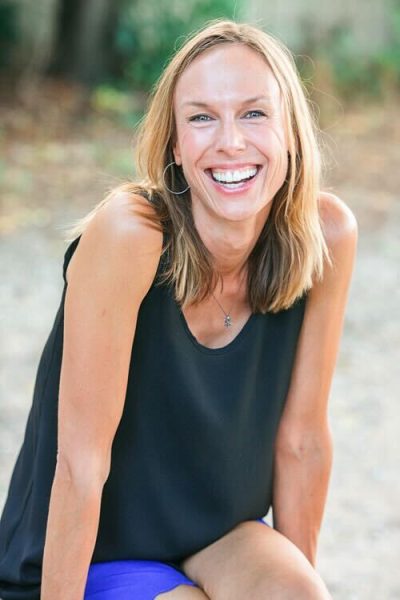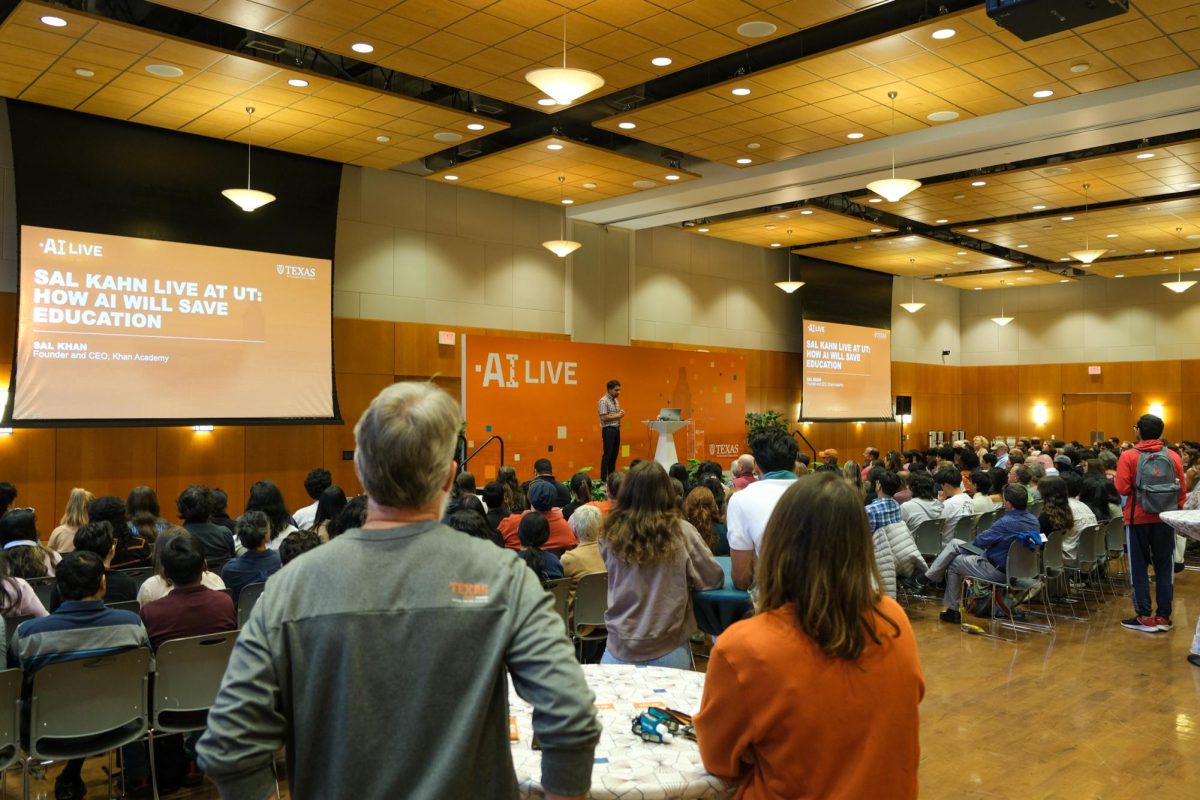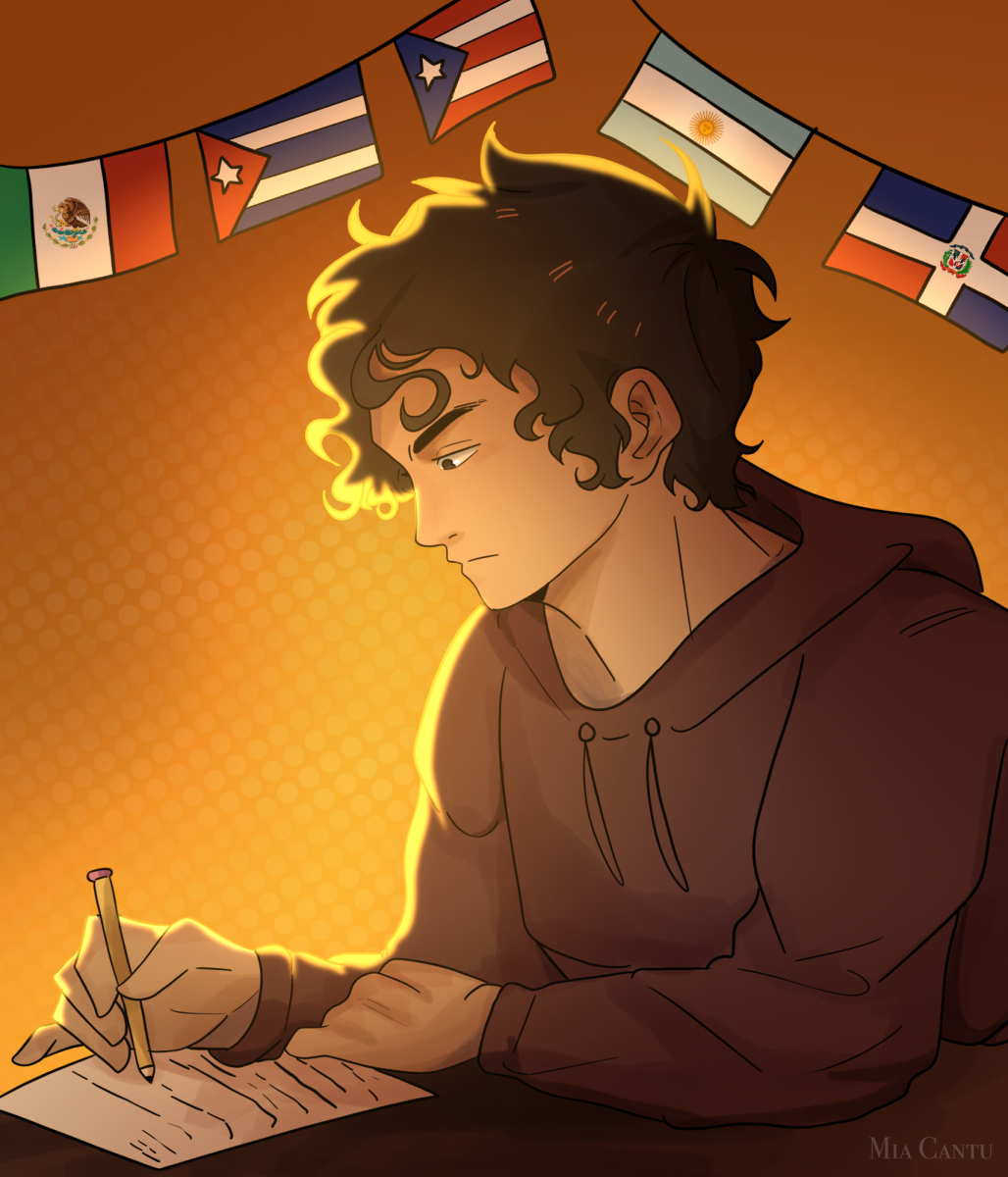UT professors and graduate students began teaching at the Gardner Betts Juvenile Detention Center this fall as part of the Texas Prison Education Initiative.
The initiative, which started in 2017, is UT’s first prison education program, although program instructors did not begin teaching until this semester. The inmates receive credit hours through the University Extension, a program that offers courses to those who aren’t enrolled in the University. The initiative has more than 50 volunteers and hopes to expand next year to the Lockhart Correctional Facility, a minimum-security women’s prison, according to the initiative’s website.
Lindsay Bing, a sociology doctoral student and initiative co-founder, said her incarcerated students show an enthusiasm for learning.
“People might anticipate their differences, like people in prison might not be as good at the class,” Bing said. “I find that the opposite is true. They are really engaged students who are eager to learn.”
Introduction to the Study of Society is currently the only UT class offered to the inmates. Armando Tellez, an educational leadership and policy master’s student and co-founder of the initiative, said sociology offers students a chance to examine their unique situation as inmates.
“We try to make it very relevant to their lived experience,” Tellez said. “Taking a sociology course, having similar experiences as a young man being incarcerated as a juvenile and as an adult, made me reexamine my life and it gave me the tool kit to see the world around me and understand it.”
The students say they have gotten more out of the class than only credit hours and the possibility to continue their education.
“What I’ve received from this class is an opportunity to look at the world for what it really is, and not what it is thought to be,” said Ethan, a pseudonym for one of the students in the detention center. The student’s name is protected by Title 3 of the Texas Family Code.
Sarah Brayne, assistant sociology professor and co-founder of the initiative, said the education of the students has more of an impact than can be measured by money.
“These folks need jobs when they get back to the community and even for those who never do get released, we think that education is core component of people’s lives, dignity and hopes,” Brayne said.
Editor's Note: This article has been updated. A previous version of this story said that students had to pay a fee to take the courses, when they do not. The Texan regrets this error.


















